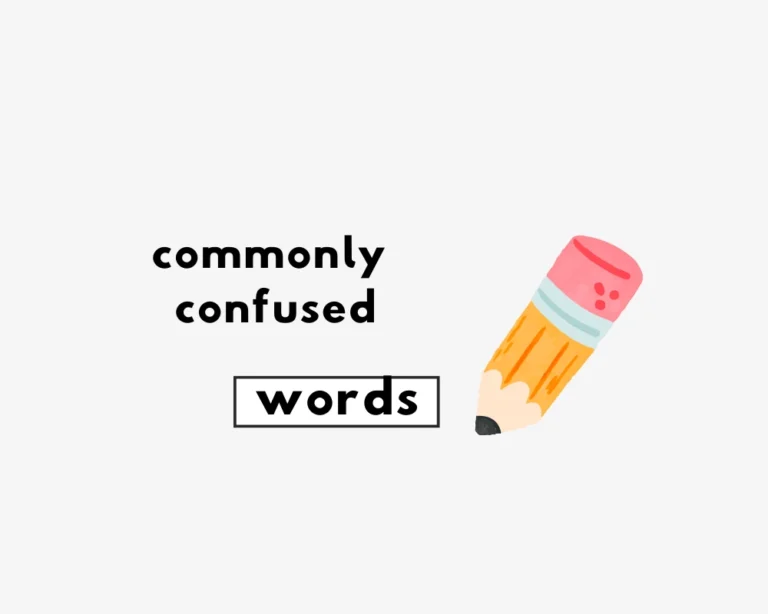Ever catch bad vibes from a text? Maybe all you got back was a ‘Kk’? That feeling or emotional association is the text’s connotation (which perhaps didn’t sit well with you).
What does “connotation” mean?
Connotation is a noun; the online dictionary defines it as “ideas or feelings that a word invokes in addition to its literal or primary meaning”. In conversation, you could say that the word ‘discipline’ has unhappy connotations of punishment and repression.
Its verb form is connote, which relatedly means to “convey in addition to exact explicit meaning”: for her, the word “family” connotes love and comfort.
Merriam-Webster defines a connotation as “something suggested by a word or thing: its implication. For example, the connotations of comfort surrounding that old chair“.
Words similar to connotation
- overtone
- undertone
- undercurrent
- implication
- hidden meaning
- secondary meaning
- nuance
- flavor
- feeling
- aura
- atmosphere
- coloring
- smack
- hint
- vein
- echo
- vibrations
- association
Other synonyms are intimation, suggestion, suspicion, insinuation, under-meaning, sub-current.
Practice using the verb in different tenses with example sentences to memorize the correct forms.
Examples of connotations in sentences
The word “childlike” has connotations of innocence.
The word “evolution,” with its connotation of unrolling, of progressive development, was not favored by Darwin; he preferred the bleak phrase “descent with modification” for his theory.—John Updike, New Yorker, 30 Dec. 1985
Suddenly, Hsun-ching brightened. “So this is propaganda?” Alison did not know that, in Chinese, the word for propaganda literally means to spread information, and does not carry any negative connotations.—Mark Salzman, The Laughing Sutra, 1991
Miuccia Prada, a connoisseur of vintage jewelry, has a collection of tiaras and subverts their formal connotations by wearing them for the day.—Hamish Bowles, Vogue, March 1997
Etymology of connotation
early 15c., “a concommitant symptom;” 1530s, “a secondary signification, that which is included in the meaning of a word besides its primary denotation,” from Medieval Latin connotationem.
Worksheet
Question 1: Which is most important for proper grammar?
Question 2: Grammar rules help with:
Question 3: What is the main focus of this grammar content?
Question 4: Which is most important for proper grammar?
Question 5: Grammar rules help with:
Question 6: What is the main focus of this grammar content?
Question 7: Which is most important for proper grammar?
Question 8: Grammar rules help with:
Question 9: What is the main focus of this grammar content?
Question 10: Which is most important for proper grammar?
Which aspect is most important when learning grammar?
How can you improve your grammar skills?











